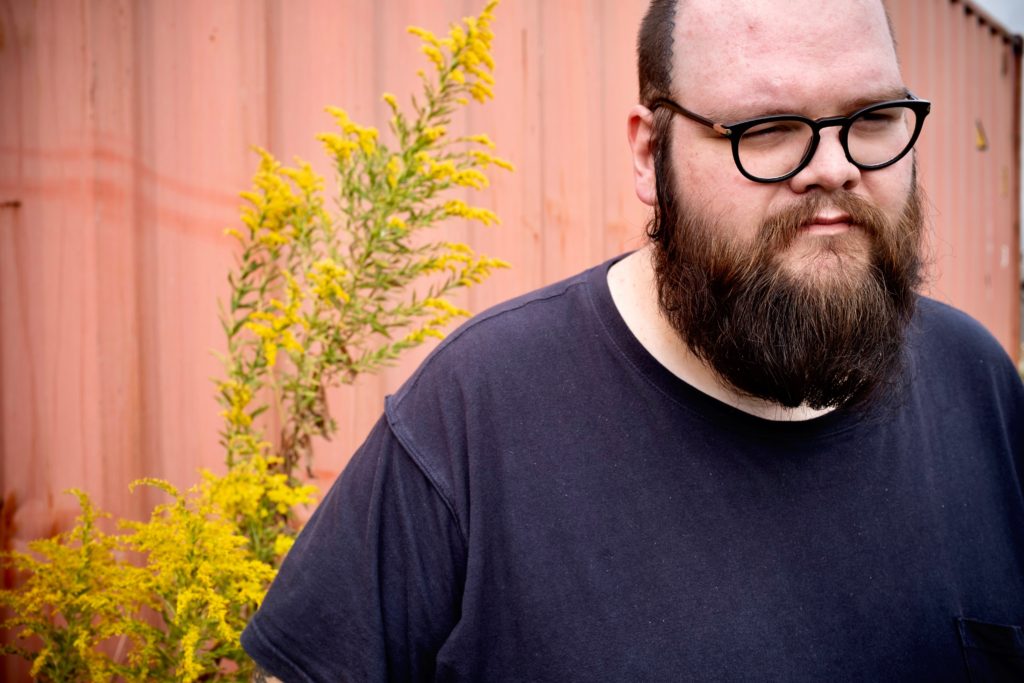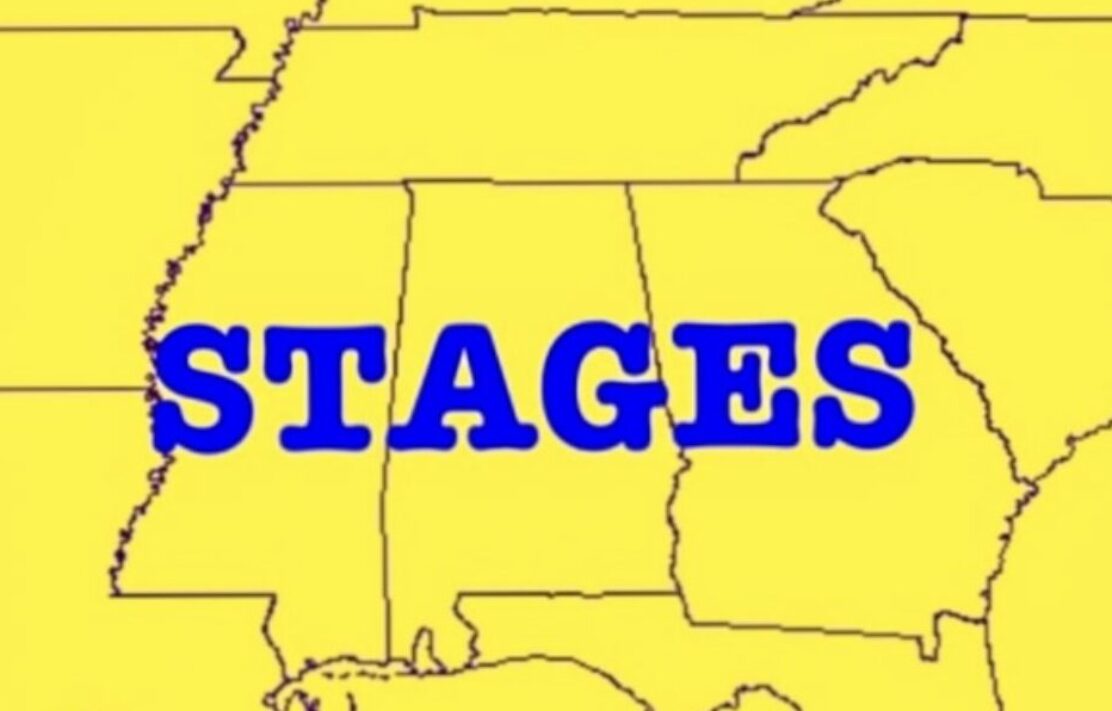By Brent Thompson

Photo Credit: Crackerfarm
Five full-length albums into his recording career, John Moreland remains a consummate “songwriter’s songwriter,” possessing the ability to craft indelible lyrics in plainspoken fashion. His latest release, LP5 [Thirty Tigers/Old Omens], is an 11-track collection that finds Moreland enlisting the help of an outside producer (Matt Pence) for the first time. Pence’s previous credits include projects with Jason Isbell, Nikki Lane and Paul Cauthen. Later this month, Moreland embarks on a nationwide tour in support of LP5. On Tuesday, March 17, he will perform at Saturn. Recently, Moreland spoke with us by phone from his Tulsa, Okla. home.
Birmingham Stages: John, thanks for your time. If you will, tell us about the creation of LP5.
John Moreland: Most of [the songs] were pretty new when we started recording. “When My Fever Breaks” and I think maybe one or two others were older – or had parts from older songs that I kind of reworked – but I’d say 70% or so of the album was written in the last few months prior to recording it.
Birmingham Stages: Do songs still evolve even after you take them into the studio?
Moreland: It depends. On this album, we were recording at a really nice studio down in Denton, Texas working with a really good producer named Matt Pence. As far as how we are going to do everything, I don’t know and I want to leave that open. But as far as lyrics and the chord progressions and the structure of the songs, that stuff is pretty much done by the time I go in there.
Birmingham Stages: For the first time in your recording career, you brought in an outside producer for this album. How did you choose to work with Matt?
Moreland: I was just a really big fan of his and of his old band, Centro-Matic, and I really liked his drumming and the records that he had engineered – they always sounded really great. We didn’t know each other before we worked together. I knew we had mutual friends and I just thought that, musically, it would be a really good fit. When we got down there, it all kind of clicked and fell into place and he ended up producing the album.
Birmingham Stages: With several albums now in your catalog, how are you constructing your set lists for the current tour?
Moreland: That’s what we’re doing right now. We are having rehearsals and figuring out what we’re going to play and how we are going to play the new songs. Most of the time we can only play 20 of my songs, so it’s just picking out which 20 of those are going to be for this tour. I see bands and people request songs from 10 years ago and they’ll just bust it out and play the song, but I get wigged out if I don’t know exactly what’s going on in the set [laughs]. I like to feel like I have it planned out and know what’s going to happen.
Birmingham Stages: How does your writing process work? Do you typically write at home, on the road or wherever inspiration strikes?
Moreland: I definitely write a lot more at home. I don’t think I really write at all on the road, other than I’ll maybe think of a line or two and write it down. But as far as sitting down, working on music and putting it all together, I always do that at home. I used to be the kind of songwriter that didn’t really make myself do it that much – I just did it when I felt like it, but back then I felt like it all the time. Nowadays, it’s a little more like work. I have to show up for work every day, but it’s work that I really love. When I start making myself do it on a regular basis, inspiration starts to come a lot more frequently so it kind of fuels itself.
Birmingham Stages: When you are writing, do you typically start with a lyrical or musical idea first?
Moreland: There really isn’t a pattern – it can be anything. I never really sit down and write a whole song’s worth of lyrics without any music – I don’t really do that. Sometimes two or four lines come first and that starts the music from there and I’ll build from those lyrics. Sometimes I’ll have a whole musical composition with no lyrics and I’ll just write words to it.
Birmingham Stages: You are still based in your hometown of Tulsa. It seems that a lot of artists I interview have chosen – like you – to stay home in lieu of relocating to music industry hubs such as Nashville or Austin.
Moreland: It’s where I’m from and it’s where I can afford to live. It’s nice to come home from a tour and be in a place that really has nothing to do with the music industry at all. If I had to come home from tour and be in Nashville, I don’t think that would be good for me.
Birmingham Stages: Some artists applaud the musical climate in the era of iTunes, Youtube, satellite radio and other outlets that provide instant and worldwide access to listeners. Others say the current model makes it difficult for artists to be heard among the crowd. How do you feel about the current climate?
Moreland: I think it’s both and I’ve definitely felt both ways. Now that things are working out well for me, it’s a lot easier to say, “What a great time – anybody can take their phone out of their pocket and hear my music.” But when I was struggling to get noticed, it felt like, “There are just so many people out there. It does feel hard to get noticed.” But I think if you write songs that people are going to notice, then they’re going to notice it. You just have to make the best music you can and you can’t control anything else.
John Moreland will perform at Saturn on Tuesday, March 17. Justin Peter Kinkel-Schuster will open the 8 p.m. show. Advance tickets to the 18+ show are $20 and can be purchased at www.saturnbirmingham.com.
